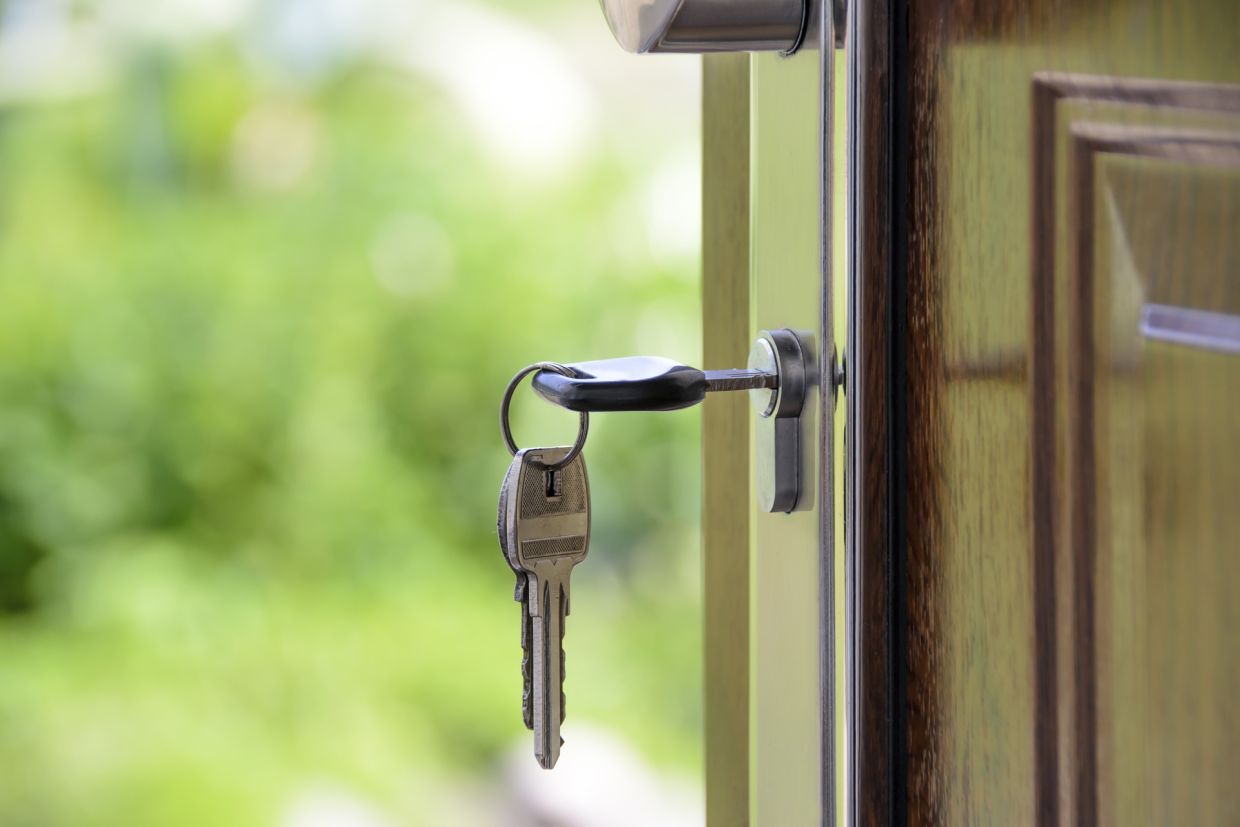Building friendly Landlord- Tenant Relationships: A casestudy of Nairobi, Kenya
Tenancy managment is a compound relationship that must involve both landlords, tenants and registered real estate companies in Nairobi or registered real estate agents in Kenya. After settling in some of these rent to buy properties available in Nairobi, one has to realize that the real estate apartments for rent in Kenya comes with some hidden packages that includes Tenancy agreements and local estate regulations.
Recent times have witnessed a great duel between landlord and their tenants. The alarming number of such misunderstandings have been on the rise. What is the fuel behind such?
Let’s commence this hotly contested discussion by understanding the basic terms used in this relationship and the parties involved.
The term landlord refers to a person who owns property and allows another person to use it at a fee. The person using the property is called a tenant, in some cases the landlord seeks the services of a house agency to run and manage the property on his/her behalf.
Once the relationship is commenced it is confined into a binding agreement known as “a lease” or “rental agreement” and some instances, it’s a verbal agreement.

So what has been a source of so many tenancy disputes? And why has the average Kenyan tenant continued to suffer under the hands of unscrupulous landlords or/and house agencies? This is the mystery will shall attempt to uncover and offer insightful solutions to the tenant as well as enlighten the tenant some rights privileged to him/her by the law as well.
In order to understand the tenant-landlord dispute we highlight some of the issues or the concerns normally the landlord raises towards the tenant these include but not confined to the following:
Firstly, the Rent deposit (the goodwill fee) is a major cause of this dispute. This is an epic battle between the landlord and tenant has for a while and continues to be so focused on rent deposit, where by rent deposit is a fee payable in advance equivalent to the rent charge, in addition the tenant is also charged for water deposit, electricity deposit, garbage collection deposit and some estates security or resident association deposit.
If these charges aren't a nightmare enough for the new tenant, the rent deposit may be required to be either equivalent to to 2 or 3 months’ worth of rent depending with the philosophy of the landlord/house agent.
Traditionally the landlords have also taken upon themselves to raise the__ amount payable to service providers__ like water and electricity hence pocketing the difference with the only relief coming with the introduction of “electricity tokens” by K.P.L.C as now tenants can only pay the units they consume in their house(s).
This exploitative and expensive affair has been going on for ages and wherever you go the story always remains the same, and has made moving into a new house to be an expensive and frustrating venture. Furthermore, most agreements between the landlord and the tenant continue to exist in verbal form, making the tenant vulnerable whenever issues emerge.
And so we ask ourselves “how important is paying rent deposit?” how can both the tenant and the landlord safeguard their rights as far this issue is concerned? By law the tenant is required only to pay a month’s rent in advance as a security deposit, this should be refunded if the house is returned in its original at the end of the contract. So how can tenants protect themselves from unjustifiable rent increment, verbal abuse, threats, utilities cut off, among other problems from rogue landlords?
Having said so, what are some of the solutions the tenant can have to guard against landlords out to frustrate tenants? Before moving into a new house it is important for a tenant to make an inventory list to asses the condition of the house, these can include activities like: do a walk through of the entire house preferably with the landlord/caretaker come up with a list of what’s still in a working condition and what needs repairing, note of the things that have gone through wear and tear, make two copies and give the landlord/caretaker a copy. If the landlord/caretaker won’t sign keep one copy sealed and if possible record pictures and videos with defects of the house.
In conclusion, it is no secret most landlords’/house agencies will try everything to hold on or not to give you back your deposit either in full or even a portion of it, remember the relationship between the tenant and the landlord is always geared to the the favor of the landlord.
Therefore, we continue asking why is the Kenyan tenant suffering. Simply because tenancy is rarely a choice at all and as the need for affordable housing continues to bite its up to the tenant(s) to equip themselves with the right knowledge.
The__ shortage of affordable housing__ has created enormous number of desperate tenants who continue to subject themselves to the few affordable houses and being victimized everyday by rogue landlords or house agencies.
It’s with this notion that the modern tenant should gather critical information and know how to safeguard their rights whenever a tenancy dispute arises as far as rent increment is concerned, it is captured under the law section 4(5) of the landlords and tenants act which establishes that “a notice must be served of not less than one month as well as citing the reasons for increasing rent or altering a term of tenancy agreement.”
When moving out, it is also important to serve the landlord/house agency with a one-month notice that should be not to be mistaken with the notion of” am sitting on my deposit”, if you had made an inventory list when you first moved into that house its is important to do an inspection and cross-check with the presence of the landlord or caretaker of any damages or repairs caused during your tenancy stay. Remember its not your responsibility to fix wear and tear of the house, if repairs are to be done to the house it is important that the landlord to provide receipts of the materials purchased or estimates for the purposes of authenticity.
Rent deposit must be returned within 30 days of moving out and the landlord must provide a statement with items he/she had to charge you as reason for any amount withheld from your deposit. Remember to always communicate effectively and mostly in written form, to do an inventory list when moving into a new house, keep receipts of all records, if a repair takes place during tenancy notify the landlord, when moving out clean the house and leave it in presentable way.
Finally, being lock out by the landlord is against the law and it violates the right to peaceful enjoyment of the possession of the premise by the tenant_ and places a barrier to utilization of the premise by the tenant, however the landlord has a right to confiscate household property belonging to the tenant for purposes of recovering the rent in arrears.
Illegal eviction is considered as harassment by the courts and will allow actions brought by tenants for compensation, we here at Hao Finder believe the tenant will be more enlightened and shall continue advocating until the tenant shall they have equal footing with the landlord.
It is necessary that both parties understand their duties, rights and responsibilities for there to be coexistence between the two parties.
At Hao Finder, we keep you informed and connected to reliable housing and accommodation besides connecting Landlords to prudent tenants.

